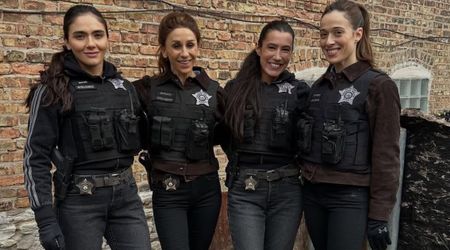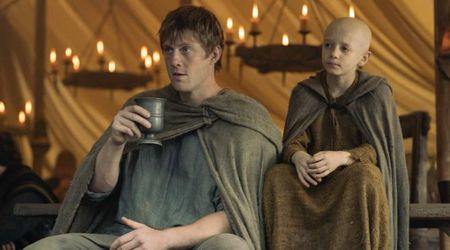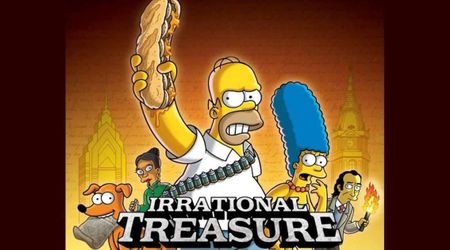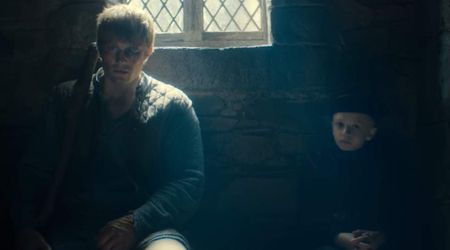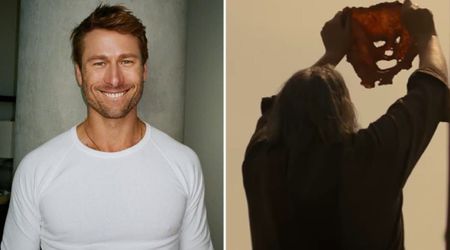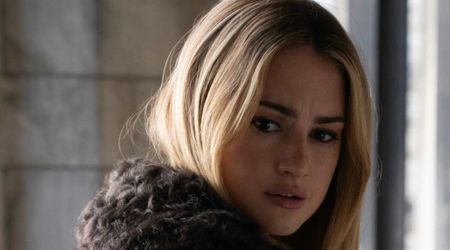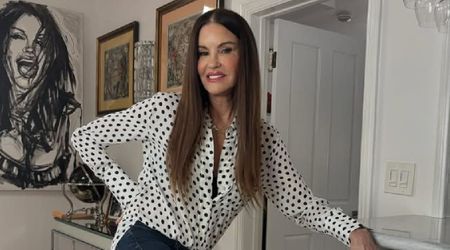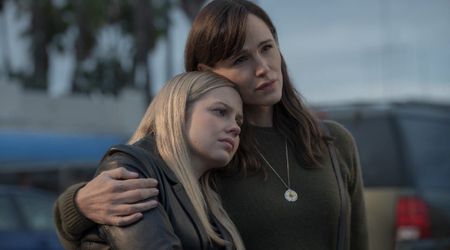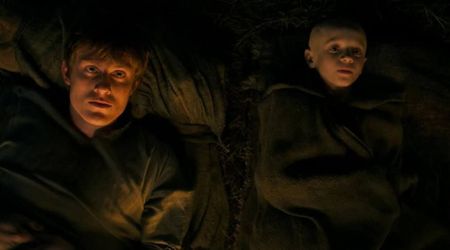'Dracula': Moffat-Gatiss' take on dangerous men, strong women, and love in times of gender war

After updating 'Sherlock', it is now 'Dracula' that has received the Moffat-Gatiss treatment. On the surface, it seems that the writing duo is responding to the criticism of their earlier work, which has been described as sexist, and not diverse enough when it comes to casting.
In the show, black and brown actors are part of the cast in pivotal and non-stereotypical roles from the Indian "man of science", Dr. Sharma (Sacha Dhawan) from the University of Calcutta to the "beautiful" and popular black girl, Lucy (Lydia West), in the spotlight, to the wealthy lord's black lover, Adisa (Nathan Stewart-Jarrett) who chafes at the insinuation he is a slave.
Through the atheist Sister Agatha Van Helsing, they have also manufactured the female version of the Sherlock-esque scientific and logical mind. She is strong, smart, unavailable, cold and utterly incorruptible and the only one worthy enough to be Dracula's opponent.
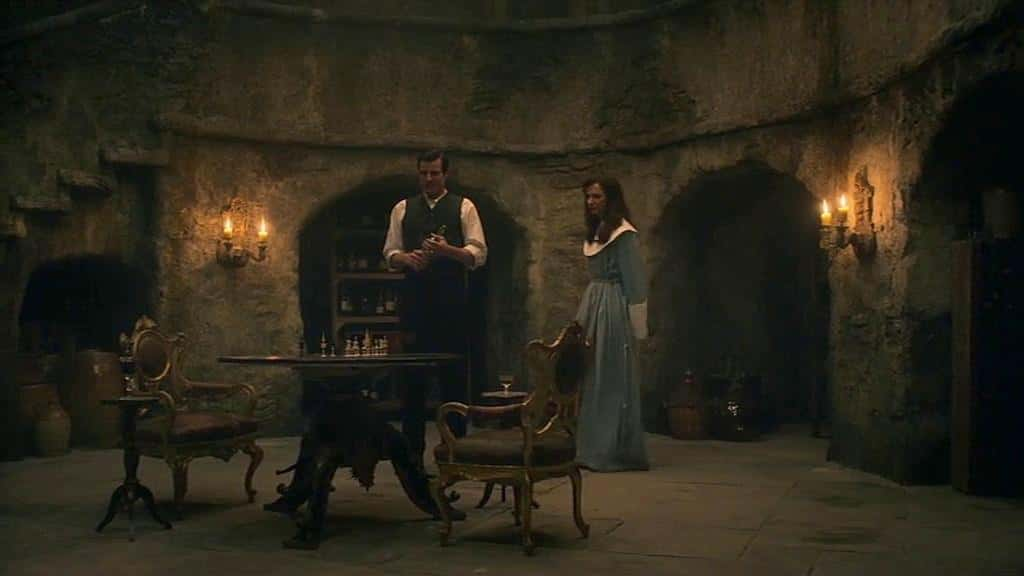
The other women in the three-part series, like Mina Harker, Lucy, Dorabella serve more as cannon fodder prone to making sentimental or plain stupid decisions. For example, Mina inviting Dracula wearing Jonathan Harker's skin inside the protected circle cast by Sister Agatha, or Lucy craving death, bored of the excess of life she enjoys, to Dorabella deciding to walk alone on the deck of a ship where people are disappearing mysteriously.
They exist to move the plot forward and set the confrontations, spanning centuries, between Agatha/Zoe and Dracula. Agatha, the nun from Holland, is however fully-fleshed out with her descendant Zoe serving as the convenient vessel that allows Agatha to continue her mental duel with Dracula.
She is also the one who is given "wise" lines like the one where she points out the hubris of Englishmen, and the mental acumen to outwit Dracula, the primal man-shaped danger. It is obvious that in Agatha, Moffat-Gatiss were creating their ideal woman, the strong, no-nonsense, unsentimental woman.
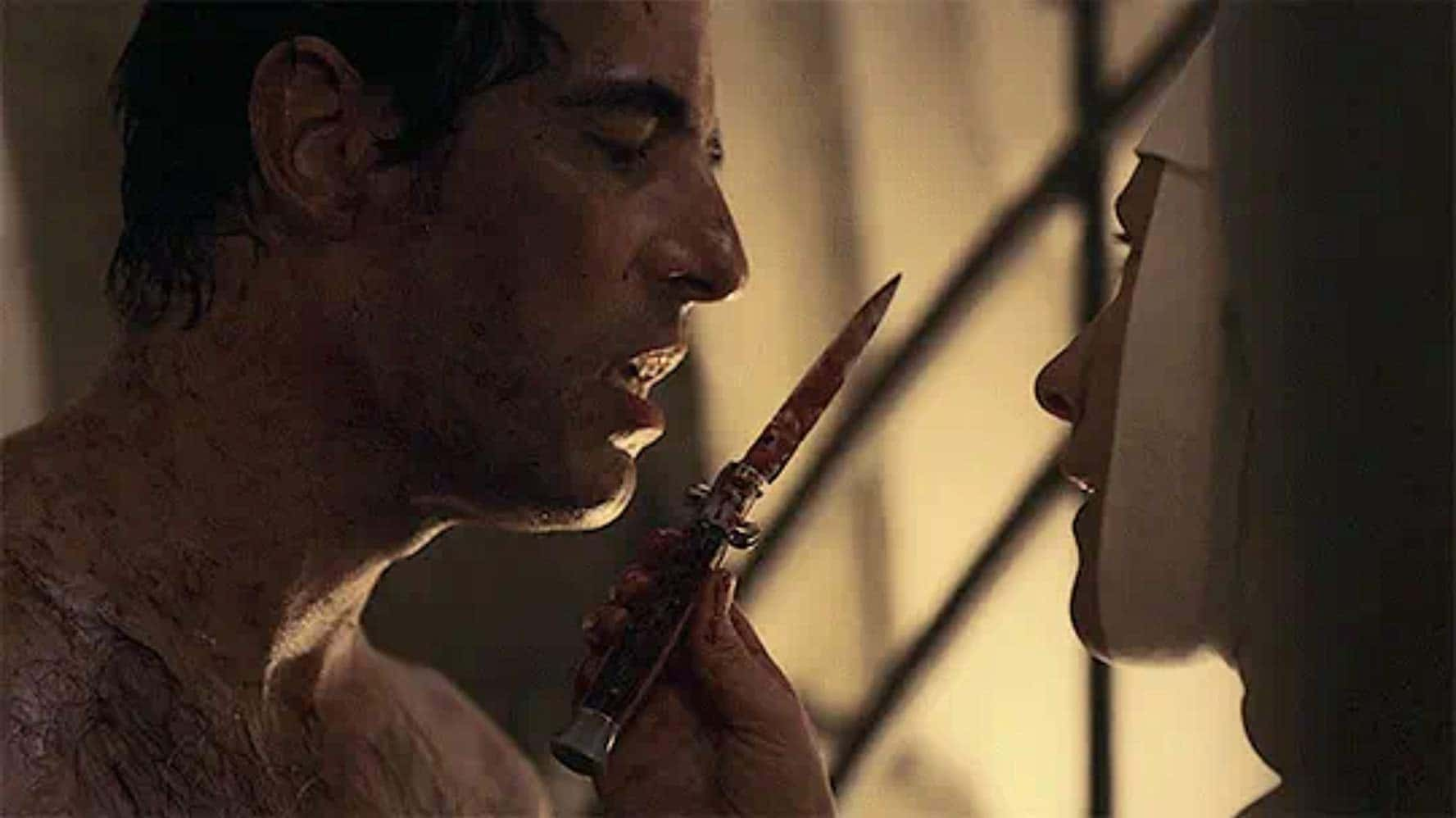
Dracula, on the other hand, is their representation of the primal man -- the 400-year-old warlord who scoffs at 21st-century notions like rights and believes in snatching what he wants, when he wants with impunity. He is undomesticated, not bound by societal norms but savvy enough to make them work for him.
He doesn't have to be woke or politically correct. He is the untamed male id (with no conscience) who represents instinctual, sexual and aggressive drives.
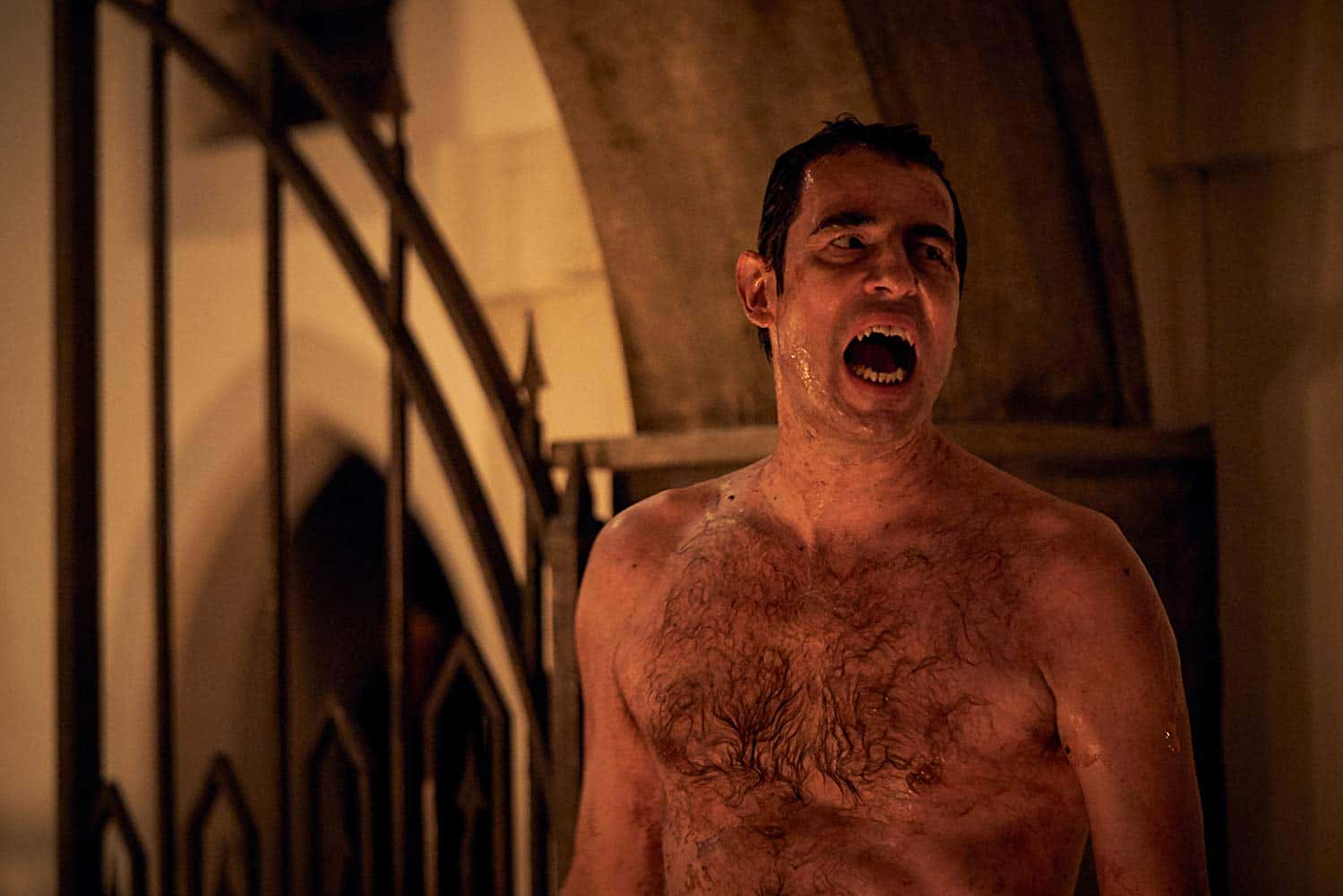
In short, he is the male fantasy for the current generation of adult males who have been "defanged", censured for using physical, brute force and power positions to enforce their will. He is "the wolf" that Agatha, the huntress, takes down, not with violence but by creating the pseudo-maternal safe space where Dracula is understood, accepted even.
So it is in her embrace that he finds the peace that eluded him. It is no surprise that from the very first episode, the writing exposes the Oedipal subtext of the relationship between the warring pair, when Sister Agatha says, "come, suckle boy" when she bares her throat to his teeth, taking off her nun's habit or the final soft-focus love scene that unites Dracula and "his bride", Agatha/Zoe, in death.
For Moffat-Gatiss, men are not dangerous -- just misunderstood little boys, who have fears, and long to be understood by women like Agatha, a figure who is part-mother and part-lover. Only then, will they deign to "transform" from the beast to the lover.
'Dracula' is available to stream on Netflix.


